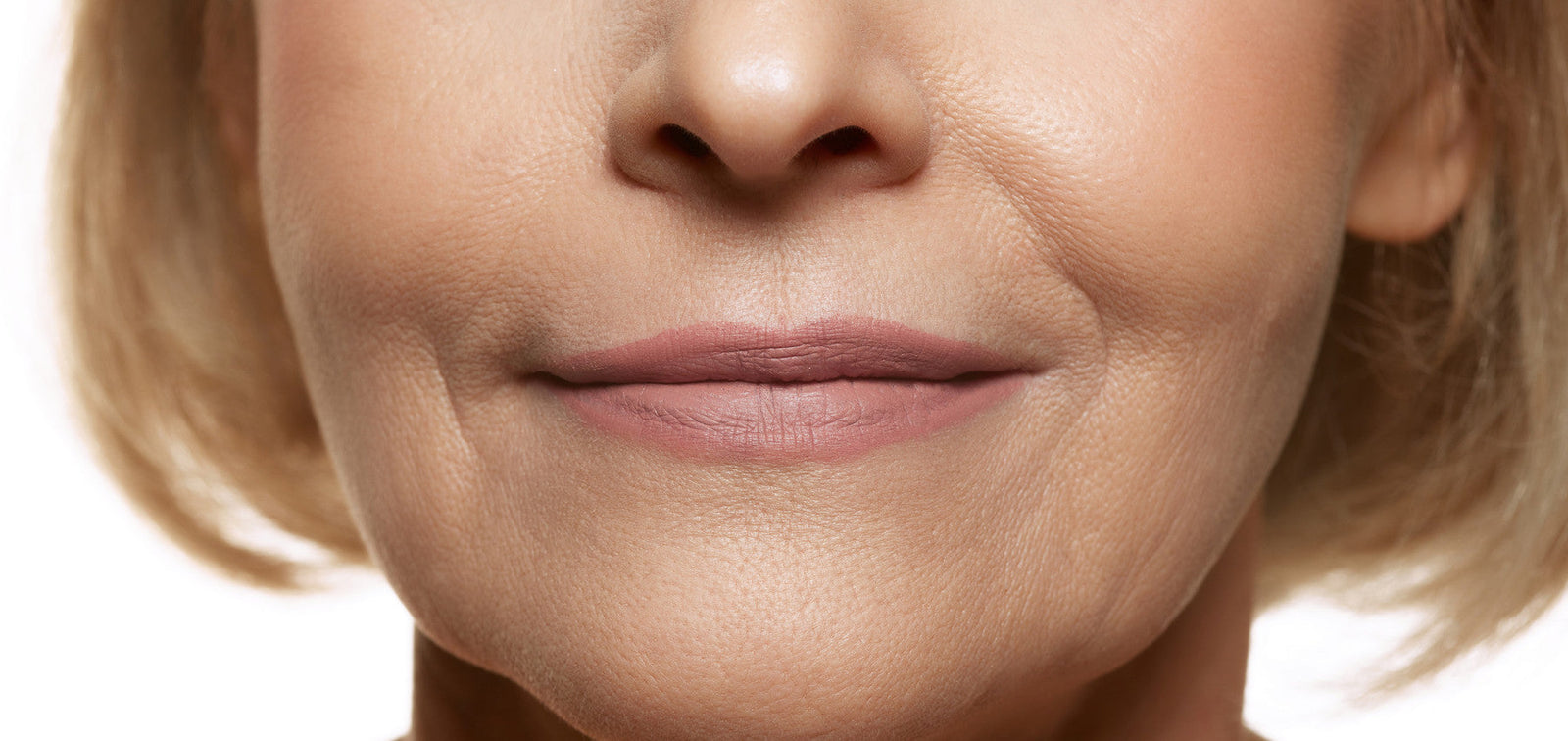Laser treatments have earned the title of being one of the most popular in-office skin procedures. However, in order to maximize and maintain your results, you need to properly take care of your skin after the treatment. Here is our quick guide to treating your skin after laser therapy.
What is a Laser Facial?
A laser facial (also referred to as laser therapy or laser resurfacing) is a skin rejuvenating treatment that is performed by a medical professional. It falls into two main categories: ablative and non-ablative treatments.
With an ablative treatment, a laser is used to remove the epidermis, which is the outer layer of the skin. This triggers the epidermis to heal itself, revealing new, fresh skin. At the same time, the laser heats the dermis – the layer of skin beneath the epidermis. The heat stimulates the growth of collagen, the protein responsible for giving our skin structure and elasticity.
Non-ablative laser treatments are far less aggressive. With this type of treatment, lasers deliver heat below the surface of the skin to promote skin cell renewal and stimulate collagen production. However, this treatment doesn't remove the surface of the skin.
What Does a Laser Facial Target
What makes laser treatments so popular is their ability to tackle a range of concerns. The procedure can improve skin tone and texture, working to fade melasma, age spots, and other forms of hyperpigmentation while also smoothing acne scars. It can also promote a more youthful appearance by softening the look of fine lines and wrinkles and firming sagging skin.
Pre Op Care for Laser Treatment
Your medical provider will provide specific instructions prior to your treatment to ensure you’re fully prepared for the procedure. These instructions will differ depending on the exact treatment you are receiving.
In general, it is best to avoid excessive sun exposure in the weeks leading up to the treatment to avoid burning the skin. The medical provider will also likely instruct you to cease use of retinol or exfoliants in the week leading up to the session. Instead, you’ll stick with a simple, gentle skincare routine.
In many cases, the care team will also prescribe an antibiotic medication to prevent infections. An antiviral may also be prescribed, particularly if you are prone to cold sores. Additionally, they may ask that you avoid supplements and other medications that can affect blood clotting, such as vitamin E and ibuprofen.
Post Op Care for Laser Treatments
After you’ve received the treatment, your medical provider will equip you with an aftercare plan to ensure your skin properly heals. Your skin will be especially fragile (particularly after an ablative laser treatment), so it’s incredibly important to be gentle with it as you recover.
Typically, they will tell you to continue avoiding direct sun exposure in the weeks after your treatment, and to wear sunscreen when spending time outside. The care team will also instruct you to follow a super simple skincare routine. This will typically include a mild cleanser and a gentle, restorative moisturizer.
Best Serums to Use After Laser Facials
As your skin is healing in the week after your treatment, it’s best to stick with the guidance of your care team, using the products recommended by them. However, once your skin has healed, it’s a great idea to incorporate serums into your routine to support your skin and maintain your results.
A hydrating serum will be particularly beneficial for counteracting any dryness caused by the treatment. Our Hyaluronic Pure Boost Serum is an excellent choice, as it is super gentle and free of added fragrances that may aggravate the skin. Once your skin is fully healed, consider adding a brightening and anti-aging vitamin C serum to your daily routine to maintain your results.






